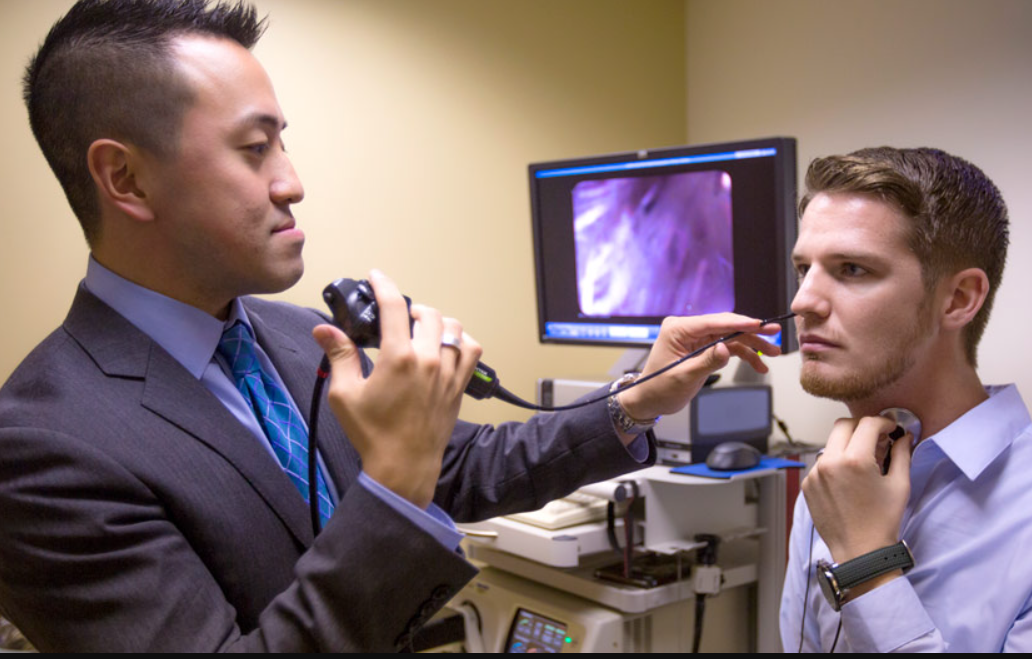Looking for otolaryngology surgery? There is no need to sneer at medical problems. It’s not only the common cold that can be painful to deal with; it can also leave you feeling fatigued and weak for a long time. A professional should be consulted immediately if you suspect you have medical problems.
Sometimes, you should even see a specialist right away. Any area of your body can be treated by a physician who specialises in that portion of the body.
If you’re experiencing problems with your ears, nose, or throat, consult your phone book and find an otolaryngologist.
What is an Otolaryngology specialist known as?
ENT stands for otolaryngology surgery, but it is more commonly known as this branch of medicine. As the name suggests, an ENT specialist treats ears, noses, and mouths.
Medical history can be traced back nearly as far as the origin of medicine itself to this branch of medicine. There is a doctor here who treats ears, noses, larynxes, sinuses, mouths, and throats.
In addition, they will take care of the structure of your face and neck if that affects other parts of your body. The ear, however, is their specialty. An ENT specialist is equipped to handle a variety of hearing disorders, including hearing loss, and birth defects, for example.
Also, they are trained to treat chronic sinusitis as well as other nasal conditions. We also specialize in diseases of the throat and esophagus, as well as the voice and swallowing.
How to become an otolaryngology specialist?
After training for up to fifteen years, an otolaryngology specialist can be certified.
Prior to receiving certification and beginning to practice medicine, they must pass an examination and possibly complete a one or two year fellowship in a subspecialty area of medicine.
How many subspecialty areas are in Otolaryngology?
Otolaryngology is subdivided into seven subspecialties. Allergic medicine is the first subspecialty. A doctor who pursues this path will become licensed to offer treatments such as immunotherapy and medication.
Face and reconstructive surgery is the second field. You would only be able to use plastic surgery on the parts of the face that need it for cosmetic or reconstructive purposes. Plastic surgery for the head and neck is the third field.
The fourth field is aryngology, which treats disorders of the throat, including voice and swallowing difficulties. In addition to emergency tonsillectomy otology, there is also otolaryngology, which includes anything related to the ears.
The goal of pediatric ENT specialists is to treat children’s ears, noses, and throats, which is the sixth field in pediatrics. Rhinology, on the other hand, is concerned with your sinuses, nose, and anything else that could affect the quality of your breathing. For more information visit our Website.


